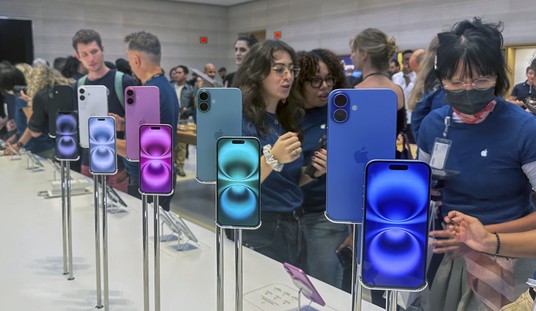Earlier today I wrote about Moore’s Law, the concept that computer processing power doubles every two years as transistors get smaller and computers simultaneously get cheaper. It’s interesting to think about where this might take us in another 50 years or 250. At some point the amount of processing power that is available becomes so tremendous that it will become possible to simulate very complex systems.
Compare the video games of the late 1970s and early 1980s to the games that people can play on a PS5 now. For instance, when I was a kid back in 1982, this was considered an amazing F1 racing simulation:
Now compare that to the latest iteration of similar games. This clip actually shows how the 2020 edition of this F1 game compares to the new 2021 edition that comes out this month. Just in that one year the improvements in sound and the appearance of wet tracks are pretty remarkable.
Clearly we’ve come a long, long way in 39 years in our ability to simulate reality. So again, what happens if you project that same ability 100 years into the future? It’s not hard to imagine that at some point we’ll be able to simulate things to such a degree that our senses can’t really tell the difference.
And that brings us to the idea of the simulation. In essence this asks the question: How do we know that what we consider the real world isn’t just a simulation being run on a very advanced computer by some future version of humanity? This is something that Elon Musk was asked about recently and he said he actually believes it’s more likely than not. [emphasis added]
Last week, Elon Musk, the billionaire founder of Tesla Motors, SpaceX, and other cutting-edge companies, took a surprising question at the Code Conference, a technology event in California. What, a man in the audience asked, did Musk make of the idea that we are living not in the real world, but in an elaborate computer simulation? Musk exhibited a surprising familiarity with this concept. “I’ve had so many simulation discussions it’s crazy,” Musk said. Citing the speed with which video games are improving, he suggested that the development of simulations “indistinguishable from reality” was inevitable. The likelihood that we are living in “base reality,” he concluded, was just “one in billions.”
Musk, it seems, has been persuaded by what philosophers call the “simulation argument,” an idea given its definitive form in a 2003 paper by the Oxford philosopher and futurologist Nick Bostrom. (Raffi Khatchadourian profiled Bostrom for this magazine last year.) The simulation argument begins by noticing several present-day trends in technology, such as the development of virtual reality and the mapping of the human brain. (One such mapping effort, the brain Initiative, has been funded by the Obama Administration.) The argument ends by proposing that we are, in fact, digital beings living in a vast computer simulation created by our far-future descendants. Many people have imagined this scenario over the years, of course, usually while high. But recently, a number of philosophers, futurists, science-fiction writers, and technologists—people who share a near-religious faith in technological progress—have come to believe that the simulation argument is not just plausible, but inescapable.
There really is nothing new about this idea. Anyone who has seen the Matrix (which came out 22 years ago) is familiar with the general idea that the reality we perceive isn’t reality. And long before that film came out there were other films and books considering it. What’s different now is that some of the people embracing the idea aren’t just sci-fi nerds but people who get paid to ponder such things and leading figures in industry like Elon Musk.
And yet, I highlighted that line above because I also wonder if the popularity of the simulation as a concept doesn’t have something to do with the popularity of certain drugs which have recently become defacto legal around the country. Maybe we’re not living in a simulation, maybe we’re just living in a world where a lot of people have an unprecedented amount of free time to engage in college dorm discussion of the nature of reality, some of which are accompanied by smoking large quantities of psychoactive drugs.
I’m being a little facetious but only a little. There may be some interesting reasons to consider the possibility of the world being a simulation. As the New Yorker story goes on to suggest, it may even be an interesting way for atheists to talk about spiritual concepts. But it’s also possible this is all very real and the people popularizing the idea of the simulation are just recreationally tweaking their brain chemistry a bit too often.







Join the conversation as a VIP Member